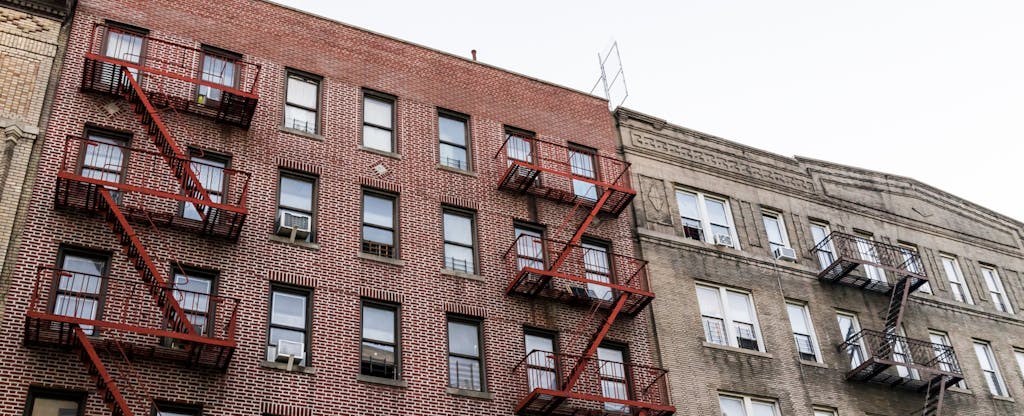Some states are making moves to crack down on rising rent prices.
Recently, Oregon became the first to enact statewide legislation that would cap, via rent control, how high rent prices can be raised. Meanwhile, rent-reform efforts have been gaining momentum in California, Washington state and Illinois.
Rent control works by mandating that rent in qualifying buildings can only be increased by a certain amount over a period of time. In the case of Oregon, qualifying rent won’t be able to rise more than 7% (plus inflation) each year.
These moves come as new Zillow Economic Research data show that the median U.S. rent rose 2.4% from February 2018 to February 2019, to a monthly $1,472.
Want to know more?
How did we get here?
Wages are rising at a slower pace than rents. Bureau of Labor data show that the real average hourly wage for U.S. workers rose from $10.73 to $10.93 between February 2018 and February 2019, a 2.2% increase.
Right now, someone renting at the median U.S. monthly rent of $1,472 and being paid the real average hourly wage of $10.93 would need to work nearly 34 hours per week just to cover their monthly rent and nothing else.
And while rent prices have slowed to a much steadier pace after years of steeper growth, they’re still creeping up.
What’s the debate over rent control?
In the past few years, rent control has been a hot-button issue as rent prices have climbed. Affordable-housing advocates argue that rent control helps keep housing affordable for all.
Meanwhile, landlords argue that rent control doesn’t address underlying issues facing the housing market, such as a lack of construction of affordable, rather than luxury, apartments.
What happens next?
The impact that rent reform efforts could have on you depends on where you live.
If you’re in Oregon, the newly passed legislation means that, effective immediately, your rent can’t rise more than 7% plus inflation annually — but new construction built in the past 15 years is exempt from the law. So if you want a rent-controlled apartment in Oregon, consider when the property was built before you sign a lease.
Rent-reform efforts have also been proposed recently in California, Washington state and Illinois, but none has gained enough support yet to pass.
According to the Wall Street Journal, momentum has been growing this year for pro-tenant legislation like rent control in New York state, while some legislators in California may also redouble efforts to pass such legislation.


